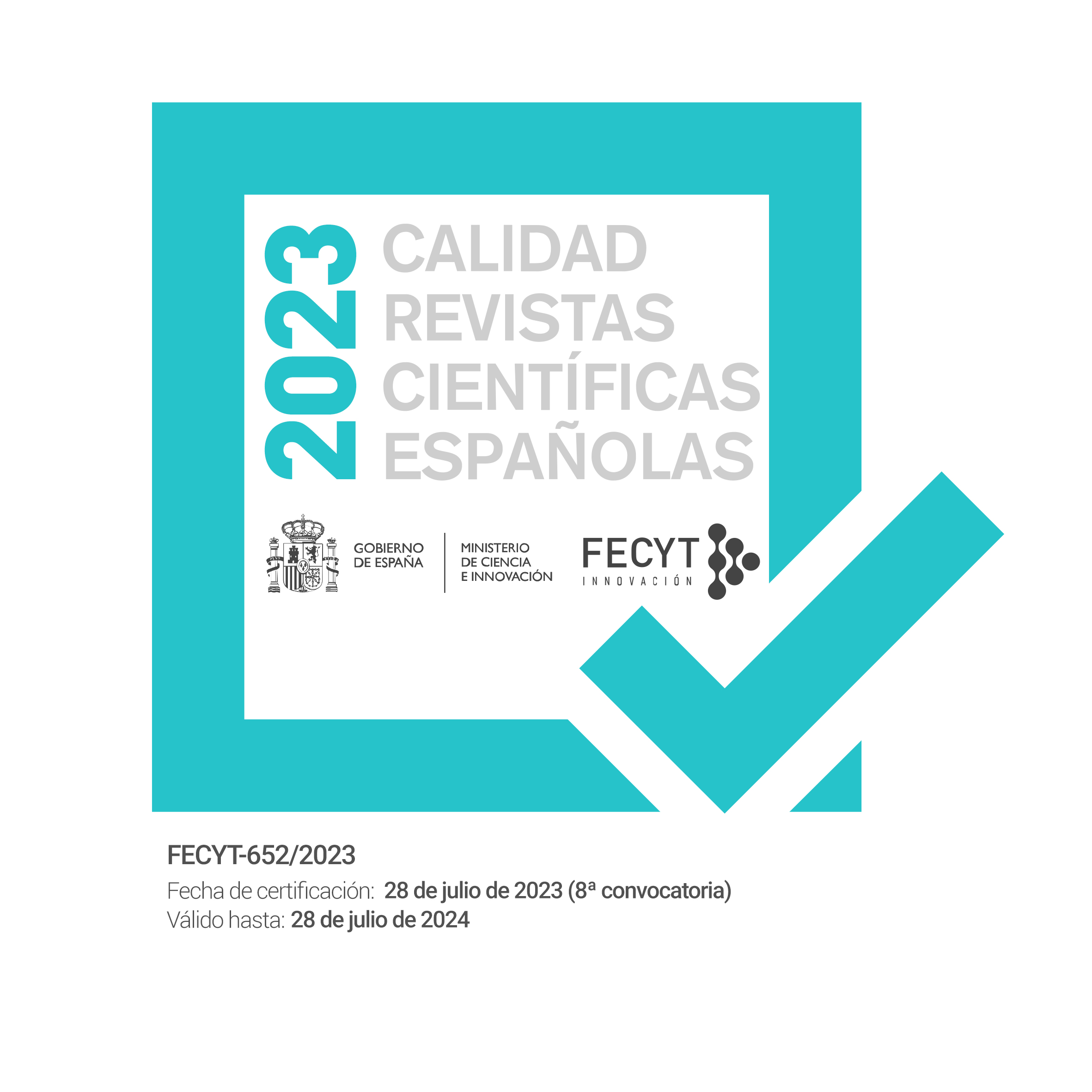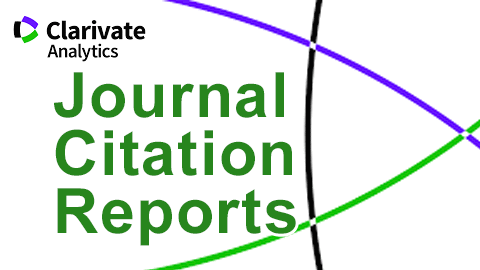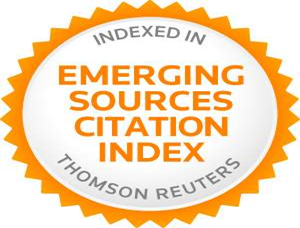Review of Barón, J., Celaya M. L. & Watkins, P. (2024). Pragmatics in Language Teaching. From Research to Practice. New York and London: Routledge.
DOI:
https://doi.org/10.58859/rael.v23i1.653Keywords:
teaching pragmatics, interlanguage pragmatics, speech acts, politenessAbstract
.
References
Birner, B. J. (2013). Introduction to Pragmatics. Oxford: Wiley-Blackwell. https://doi.org/10.7202/1017210ar
Brown, P. & Levinson, S.C. (1987). Politeness: Some Universals in Language Usage. Cambridge: Cambridge University Press. https://doi.org/10.1017/CBO9780511813085
Crystal, D. (Ed.) (1997). The Cambridge Encyclopedia of Language (2nd ed.). Cambridge: Cambridge University Press.
Grundy, P. (2008). Doing Pragmatics (3rd ed.) London: Hodder Education.
Leech, G. N. (2014). The Pragmatics of Politeness. Oxford: Oxford University Press. https://doi.org/10.1093/acprof:oso/9780195341386.001.0001
Levinson, S.C. (1983). Pragmatics. Cambridge: Cambridge University Press. https://doi.org/10.1017/CBO9780511813313
Rose, K. R. & Kasper, G. (Eds.) (2001). Pragmatics in Language Teaching. Cambridge: Cambridge University Press. https://doi.org/10.1017/CBO9781139524797
Searle, J. R. (1976). A classification of illocutionary acts. Language in Society, 5(1), 1-23. https://doi.org/10.1017/S0047404500006837
Thomas, J. (1995). Meaning in Interaction: An Introduction to Pragmatics. London and New York: Longman.
Verschueren, J. (1999). Understanding Pragmatics. London: Edward Arnold / New York: Oxford University Press. https://doi.org/10.1016/S0378-2166(98)00097-6
Yule, G. (1996). Pragmatics. Oxford: Oxford University Press.
Downloads
Published
Issue
Section
License
Copyright (c) 2025 Marta Carretero

This work is licensed under a Creative Commons Attribution-NonCommercial 4.0 International License.
Attribution - Non-commercial (CC BY-NC). Under this license the user can copy, distribute and publicly display the work and can create derivative works as long as these new creations acknowledge the authorship of the original work and are not used commercially.
Authors retain the copyright and full publishing rights without restrictions.









